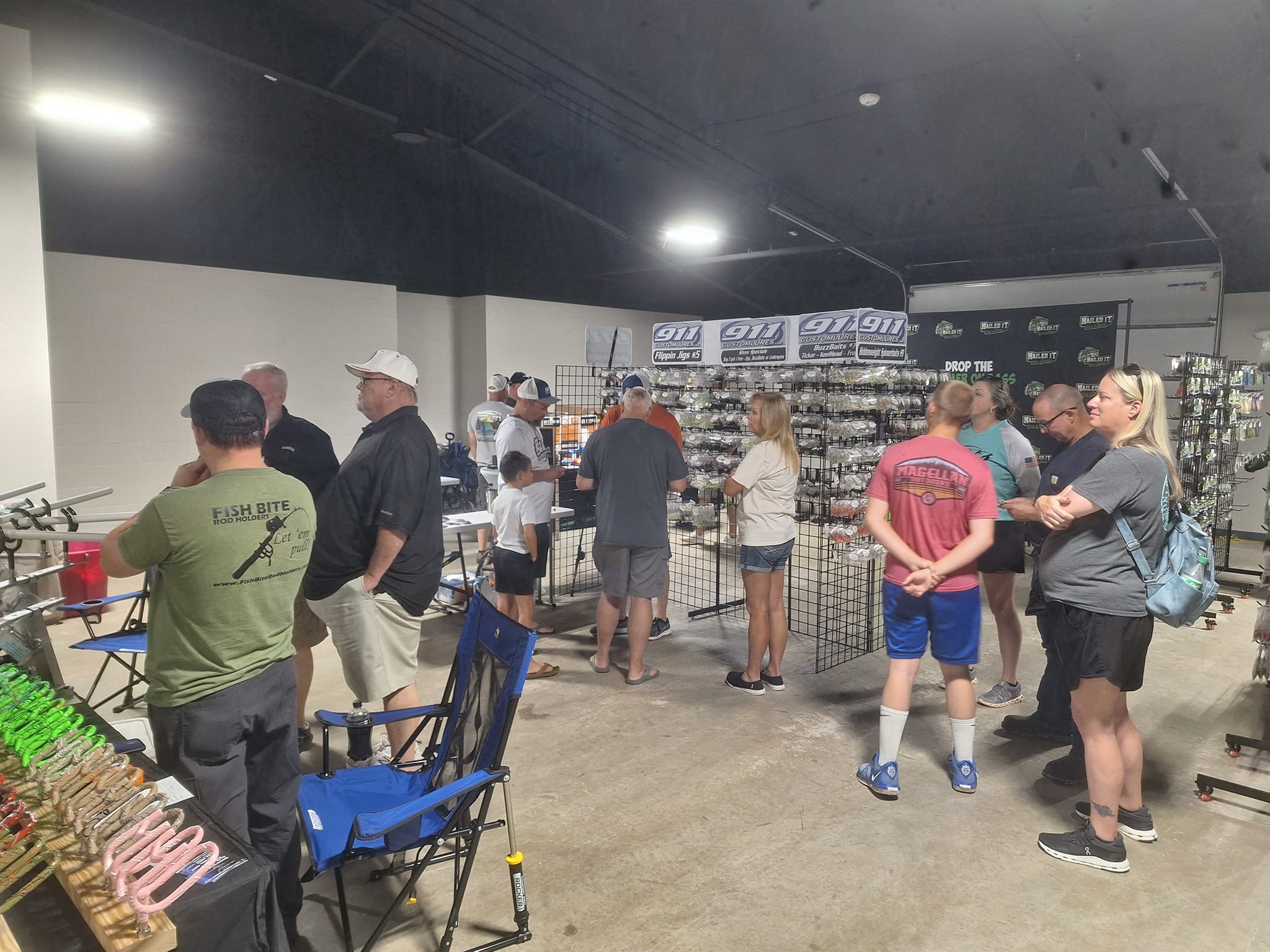Larry Penkava Column: Who says we watched TV by candlelight?
Published 8:48 am Friday, October 12, 2018
I don’t want to be accused of beating a topic to death, but there are serious misunderstandings about my formative years.
To those Millennials who seem to think I grew up in the Stone Age (I’m lookin’ at you, grandkids), I’ll have you know we had more than rocks to throw at charging dinosaurs. And our wooden clubs — think bats — were supremely more macho that your aluminum sticks that go “ping.”

Larry Penkava
Take cars, for instance. Yes, we had cars and we didn’t call them horseless carriages. Some even had automatic transmission.
Trending
When I was a boy, standard equipment on cars included front and rear bench seats, windshield wipers, heaters, rearview mirrors, headlights and taillights, and some featured AM radios. Back then when it got too hot, we had these little vent windows that could be opened to create a draft without mussing your pompadour hairstyle.
While safety was paramount in the ‘50s, cars didn’t yet come with seatbelts and the third brake light in the rear window. However, my father installed cutting-edge reflector tape to his bumpers to assure that other drivers saw his vehicle at night.
Long gone are the days of hood ornaments and chrome grills and bumpers. In fact, there was much more steel in the cars of old. Now bumpers are plastic and filled with styrofoam.
Back then cars were so heavy that when they hit something, something knew it had been hit.
Home appliances made huge improvements when I was a boy. For instance, the icebox in our refrigerator was just that — a small metal box hanging down inside the fridge.
It was just large enough to cram in a carton of ice cream, a pound of ground beef, a half dozen pot pies and two ice trays. By 1959, Mama could wedge three times that much stuff in our new fridge with the full-size freezer compartment.
Trending
I’ve talked in recent columns about telephones in the ‘50s. I’ll admit, they were too bulky to carry anywhere, even if they weren’t connected to the house by wires. But we didn’t need mobile telephones. That’s why we had pay phones, for cryin’ out loud.
We did have conference calling back in the day, but we called them party lines. You could listen in while your neighbor was whispering sweet nothings to his girlfriend, if you were stealthy enough.
My friends and I actually carried mobile phones, although they weren’t wireless. Our Campbell’s soup cans had to be connected by string, pulled taut in order to transmit our boyish voices.
Back then our home computers weren’t connected to the internet because, well, the internet hadn’t been invented. And besides, home computers were merely the figment of some nerd-to-be’s imagination.
That meant if I had to write a school report on George Washington Carver, instead of doing a search on Wikipedia I would look him up in my family’s encyclopedia, the American Standard.
Unfortunately, I couldn’t cut and paste, which would have meant disfiguring volume C. Rather, I used the copier, meaning I copied the text with pencil and paper.
We had printers in the ‘50s, only we called them mimeograph machines. The only ones I knew of were at school and were used by teachers to run off tests and other assignments. I always liked smelling the ink on a fresh copy, something you can’t do with today’s laser-printed sheets.
When I was young “fax” meant information, such as “Just the fax, ma’am.” Today, fax machines have pretty much gone the way of 8-tracks and cassette tapes.
On the other hand, vinyl records seem to be making a comeback. I guess some old-timers miss hearing the same phrase repeated over and over when there’s a scratch on the record.
Video communications made state-of-the-art leaps during the ‘50s. Television started out as black-and-white pictures that somehow were transmitted over the air to homes across the country.
By the end of the decade, color was being featured on national programs such as Disney and Bonanza. For a few hundred dollars more, you could buy a color TV to watch those shows in all their glory.
Simplicity is a word bandied about these days to suggest ease of use. But when you have 200 channels to choose from, your life isn’t that simple.
In the ‘50s we had no more than three or four channels and that number was narrowed by the channels that were too snowy to watch. That meant flipping a coin to determine if it was NBC or CBS.
Ain’t technology wonderful?
Larry Penkava, who has written Now and Then since 1994, misses watching the chariot races.





